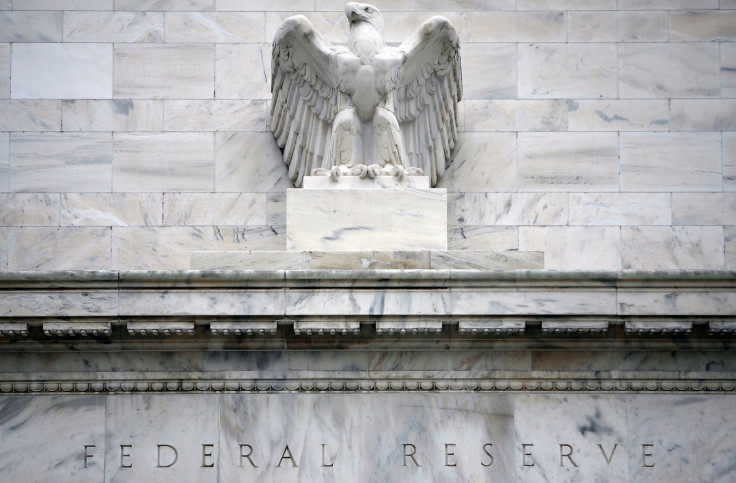US Federal Reserve: Industry understanding of fintech and blockchain 'still in its infancy'
The central bank analysed challenges to the 'development and adoption' of blockchain.

The banking industry's understanding of fintech and blockchain is "still in its infancy," a long-awaited analysis report from the US Federal Reserve has said. The in-depth paper, published on Monday 5 December, was conducted to look into the possibilities – and constraints – of blockchain technology.
The Fed, which is the central banking system of the United States, highlighted a slew of existing challenges to development and adoption of blockchain-based platforms, including "issues around business cases, technological hurdles, legal considerations and risk management considerations."
The research team from the Federal Reserve Board claimed to have a keen interest in "understanding and monitoring the development of innovations that could affect the structural design [...] of financial markets."
The findings were taken from interviews with industry stakeholders, financial institutions, government agencies, start-ups and industry consortia, it said.
"As a recent innovation, DLT [distributed-ledger technology, or blockchain] has the potential to drive change to the financial market structure in ways that take advantage of the new technology," the paper said, before adding it remains "too soon to predict" what these changes will actually be.
It continued: "Although there is much optimism regarding the promise of DLT, the development of such applications activities is in very early stages, with many industry participants suggesting that real-world applications are years away from full implementation.
"The extent to which DLT will have an impact on the financial architecture may become clearer as the technology matures. As the technologies and experimentation with these technologies continue to develop, it will be important to thoroughly understand how these changes apply broadly."
Advocates of virtual currency and the its related technology say it will revolutionise traditional forms of banking by using a decentralised structure. Blockchain, a public ledger that maintains records of network activity, could shake up cross-border payments, trades, and settlements.
The Fed's research indicated that while many proponents of virtual currency believe DLT will "make financial intermediaries obsolete" the reality may not match up with the expectations. "It is far from clear that these functions will all become obsolete in the foreseeable future," it said.
According to the Wall Street Journal, the Fed has conducted meetings with the R3 research consortium – a US-based research group that boasts the participation of over 70 major financial institutions from around the world that is developing a blockchain platform called Corda.
In October, the Office of the Controller of the Currency (OCC), a key US regulatory body, announced plans to establish a department to probe "responsible innovation" in the financial technology sector – expected to begin operations in the first quarter of next year.
The new office said it plans to implement a "formal framework" to improve the agency's ability to "identify, understand, and respond to financial innovation affecting the federal banking system."
See the full paper below:
© Copyright IBTimes 2024. All rights reserved.






